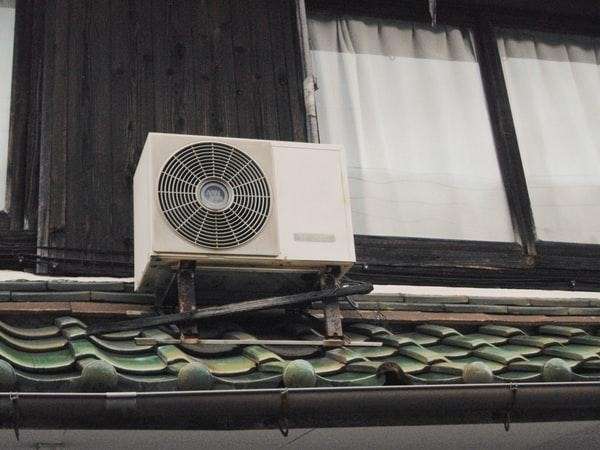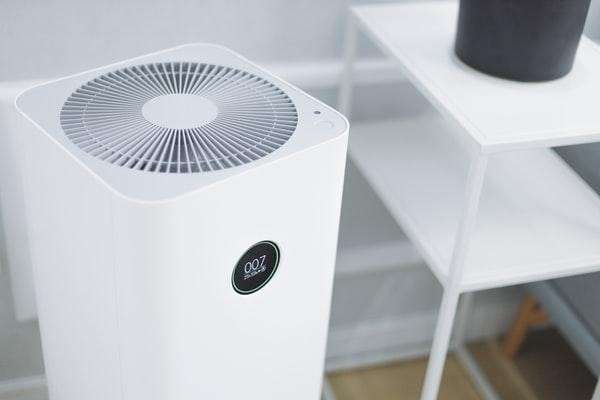An air filter is a device that removes contaminants from the air. Air filters can be used in homes, offices, and other indoor spaces. They are most commonly used in heating, ventilation, and air conditioning (HVAC) systems. Air filters keep the air clean. They remove dust, dirt, and other particles from the air and keep the furnace and air conditioner working correctly. However, if you’ve never been responsible for an HVAC system before, you may find yourself wondering when and how to change your air filter. Fortunately, there are resources available that can teach you everything you need to know. Read on to find out how often you need to change your air filter.
How often do you need to change your air filter?

If you need to know how often to change air filter, you should be aware that it depends on the type of air filter you have, the quality of the air in your home, and how many pets you have. Your HVAC filter is one of the most critical parts of the system. It is the primary component responsible for maintaining air that is clean and free of harmful contaminants. Generally, experts recommend that you should change your air conditioner’s filter at least once every three months. Many homeowners prefer to change theirs on a monthly basis in order to ensure peak performance.
You should also schedule regular maintenance for your HVAC system. Maintenance helps to ensure your system is running at peak performance and helps to prevent costly repairs in the future. By having a professional take a look at your system, they can help to identify any potential issues and correct them before they become a bigger problem. This can help to improve efficiency and save you money on your energy bills. Another key benefit of maintenance is that it helps to prolong the life of your system. A well-maintained system will last longer than one that is not taken care of. This can save you money in the long run, as you will not have to replace your HVAC or its components as often.
What else can you do to improve indoor air quality?

First, you need to understand why protecting the quality of your indoor air is so important. Indoor air pollution can cause a wide range of health problems, including respiratory illnesses, asthma, heart disease, and cancer. Children, the elderly, and pregnant women are particularly at risk, as are people who already have respiratory illnesses or allergies. There are many things that can affect indoor air quality, including mold, dust, pet dander, and smoke. You should do what you can to keep your home clean and free of dust and other particles.
Air purifiers can significantly improve air quality in your home. By removing contaminants from the air, you can reduce your exposure to asthma triggers, pollutants, and other harmful particles. In fact, air purifiers are one of the most effective ways to improve air quality, and they can be used in any room of your home. No matter what type of air purifier you choose, maintain it and replace the filters regularly. Follow the manufacturer’s instructions for cleaning and replacing the filters. This will ensure that the air purifier continues to function at its best.
As you can see, air filters serve an essential function in your home. By changing your air filter regularly, you can help keep your home’s air clean and safe to breathe. Air filters work to trap particles and debris in the air, preventing them from circulating throughout your home. Over time, these filters become clogged and stop working effectively, so don’t forget to change your air filter regularly, ideally every three months. By doing so, you can keep your home’s air protected, and reduce your risk of developing health problems.

